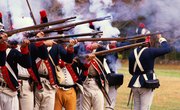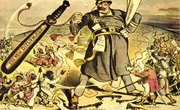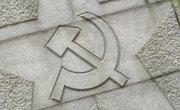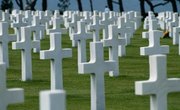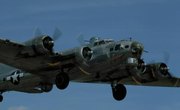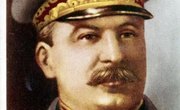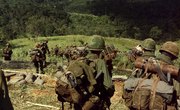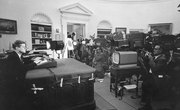Robert F. Kennedy’s short-lived, insurgent bid for the presidency in 1968 -- which ended with an assassin’s bullet -- was launched largely because of his opposition to the Vietnam War, which he had come to believe was immoral. In a 1967 "Face the Nation" debate, Kennedy asked: “Do we have the right here in the United States to say that we’re going to kill tens of thousands, make millions of people, as we have, refugees, kill women and children, as we have?.… I very seriously question whether we have that right.”
The War in Vietnam
RFK, as attorney general for his brother John F. Kennedy and then for Lyndon B. Johnson after JFK’s assassination in 1963, was involved in early conversations about engaging in the Vietnam conflict. Early on he tentatively supported American involvement, with some reservations. JFK sent 2,000 military advisers to help South Vietnam fend off the Communist North Vietnamese in 1961, with combat missions beginning in 1965; American troops would remain there for 12 years, with more than a half-million in Vietnam at the war’s peak in 1969. Despite 58,000 fatalities, America failed to stop the Communists, and South Vietnam fell to the communist North.
The War Escalates
While Kennedy initially supported American involvement in Vietnam, he began pushing the Johnson administration to reach a negotiated settlement. As Johnson escalated America’s involvement in the war, Kennedy became increasingly opposed, calling for a reduction in the number of U.S. troops and an end to U.S. bombings of North Vietnam. In 1967, Kennedy, then a senator in defiance of his own party’s president, proposed a three-point plan to end the war in Vietnam. Under this plan, the U.S. would cease bombing operations in North Vietnam, and both North Vietnamese and American troops would leave South Vietnam and be replaced by international troops. The Johnson administration rejected this plan, arguing that North Vietnam would never agree to withdraw its troops.
The Kansas State Speech
On March 18, 1968, two days after announcing his campaign for president, Kennedy gave a speech at Kansas State University outlining the reasons for his opposition to the war. While he confessed that his brother’s administration -- of which he was a vital part -- initiated America’s involvement in Vietnam, and said the war may have always been unwinnable, “past error is no excuse for its own perpetration.” While he said in the speech that he did not want to “raise the white flag of surrender,” he feared that “our present course will not bring victory; will not bring peace; will not stop the bloodshed; and will not advance the interests of the United States or the cause of peace in the world.”
The Critique
Kennedy’s critique, which he articulated in detail at Kansas State, took on two sometimes-overlapping planks: the American policy was unwinnable and immoral. Unwinnable because the military kept demanding more troops, even though “we find the dismal story repeated time after time. Every time -- at every crisis -- we have denied that anything was wrong; sent more troops; and issued more confident communiques. Every time, we have been assured that this one last step would bring victory. And every time, the predictions and promises have failed and been forgotten, and the demand has been made again for just one more step up the ladder.” It was immoral because “we are acting as if no other nation existed, against the judgment and desires of neutrals and our historic allies alike.”
The Five Points
Kennedy made a series of five points to buttress his argument during the Kansas State speech: that the Americans had essentially lost the countryside villages to the Viet Cong and could not win them back without massive destruction; that the South Vietnamese government was corrupt and untrustworthy as an ally; that “the victories we achieve will only come at the cost of destruction for the nation we once hoped to help”; that the ongoing war had weakened America’s standing in the world, especially Asia; and that the “spirit of the country” had been diminished in the turmoil surrounding the war. “Our country is in danger,” Kennedy told the students that day, “not just from foreign enemies; but above all, from our own misguided policies -- and what they can do to the nation that Thomas Jefferson once told us was the last, best, hope of man.”
Related Articles
References
Writer Bio
Jeffrey Billman is both an experienced and accomplished journalist with national awards for everything from investigative reporting to religion reporting to humor and opinion columns. A student of government and politics, he holds a master's degree in public policy analysis.



